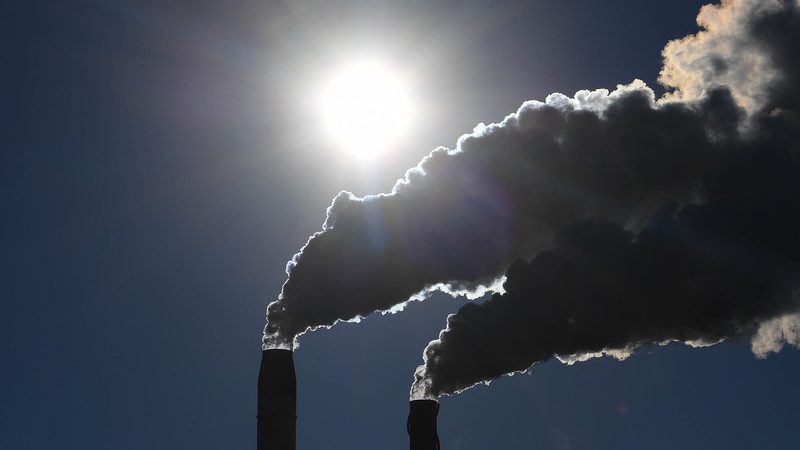UK steel producers pay 61% more for electricity than their competitors in Germany and 51% more than in France, creating a barrier to the sector’s decarbonization, a new report released by industry body UK Steel shows.
UK Steel is calling on the government to act alongside the industry as higher electricity prices are eating in to capital expenditure and reducing the sector’s ability to achieve the transition to carbon neutrality.
The report, titled “A Barrier to Decarbonisation”, says higher electricity prices have cost UK steelmakers an extra GBP90 million this year, and GBP345 million over six years, “the equivalent of almost two years of capital investment in the sector.”
“All solutions for decarbonising the steelmaking process will increase electricity consumption,” the report said. “Converting the UK’s blast furnace steel production to hydrogen-based steelmaking could increase electricity consumption by 250%, while a complete shift to electric arc furnace production would increase consumption by 150%.” At current power prices it is estimated it would cost almost GBP300 million more to run a hydrogen-based steel plant in the UK than in Germany.
In the report, UK Steel recommends using UK state aid for energy-intensive industries and to follow the example of the French and German governments in providing network cost reductions. Another key suggestion is to introduce an industrial wholesale cost containment mechanism to prevent damaging price spikes.
“The UK steel sector is a big user of power, consuming as much electricity as 800,000 homes annually. We are also highly trade intensive, importing 70% of our steel needs and exporting 45% of everything we make,” said Gareth Stace, director general of UK Steel.
“The recent public recognition by the prime minister that the price gap needs to be tackled is hugely welcome,” he said. “But the proposed solution of investment in new nuclear will simply not have the immediate impact on electricity prices that the steel sector needs. I hope the government recognises the need to implement the steps set out in the report in addition to their long-term plans for investment.”
— Annalisa Villa






